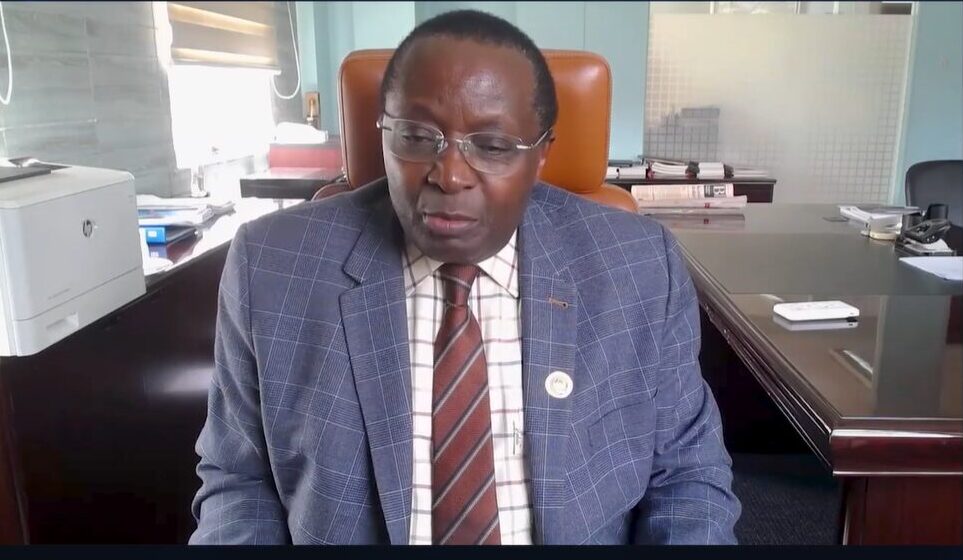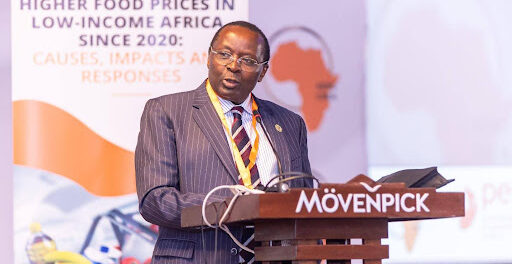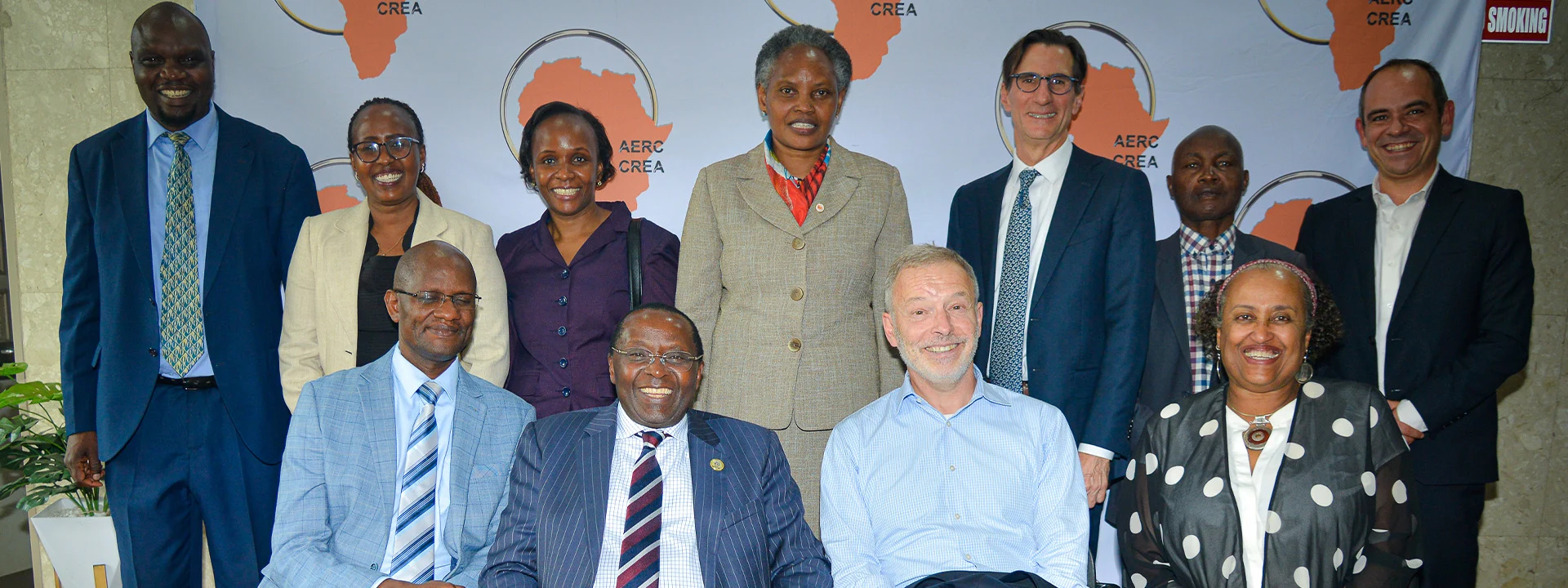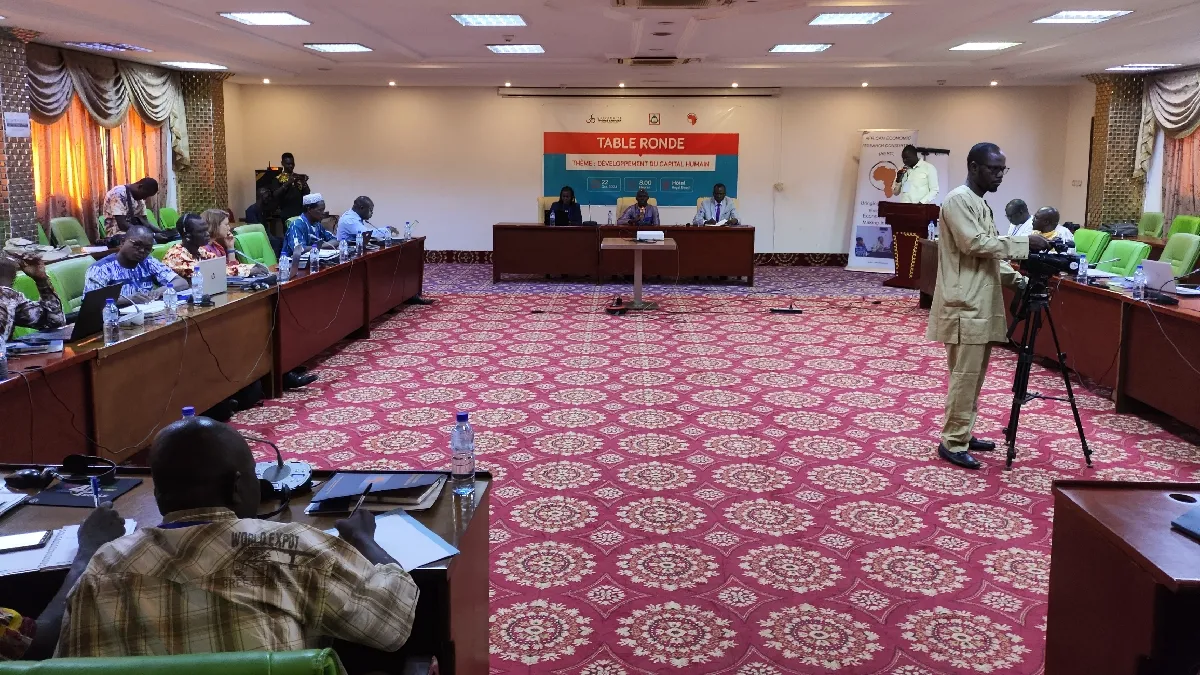

Burkina: CEDRES and CREA initiate a round table on the development of human capital
October 22, 2024The Center for Economic and Social Studies, Documentation and Research (CEDRES) of Thomas Sankara University (UTS) and the Consortium for Economic Research in Africa (CREA) have initiated a round table on the theme: “Development of human capital” . This meeting aims to discuss the essential links between the development of human capacities and the growth of Burkina Faso. To this end, the results of three studies carried out on the issue were presented during the round table which brought together experts from the World Bank and other institutions, this Tuesday, October 22, 2024 in Ouagadougou.
Burkina Faso, a nation in full transformation, seeks to support its economic growth through a strategy focused on the development of its human capacities. But according to the Center for Economic and Social Studies, Documentation and Research (CEDRES), the security crisis is having a lasting impact on the development of this human capital.
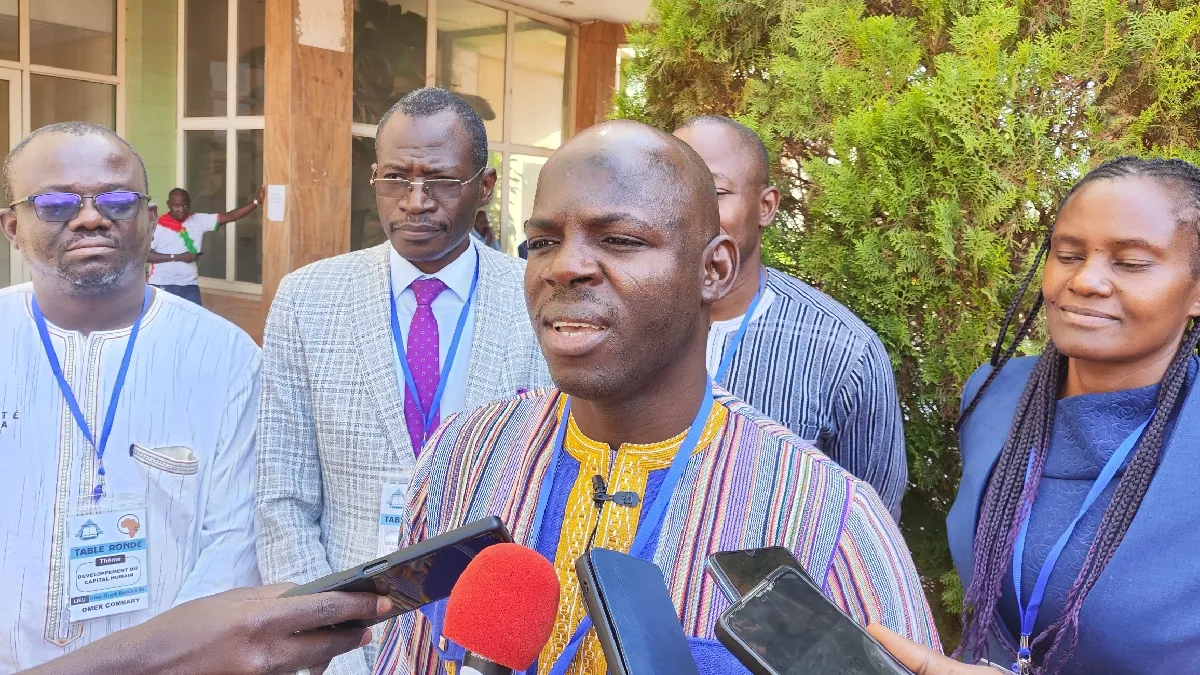
In this context, CEDRES is convinced that income growth, economic empowerment and Foreign Direct Investment (FDI) can be essential levers to bring Burkina Faso towards promising horizons. To convince himself of this, Professor Youmanli Ouoba, Director of CEDRES, highlighted the results of three studies on the issue. According to him, these studies revealed, for example, that increasing women’s human capital through access to education allows them to have higher incomes and reduces infant mortality in rural areas.
“The government may consider strengthening policies on girls’ education to ensure their empowerment in the future, as improving women’s human capital is conducive to their empowerment ,” recommended Prof. Ouoba. He argued that such empowerment is crucial to reducing poverty and strengthening community resilience.
The importance of FDI for development
Income growth is essential for any development approach. For Dr. Alain Siri, Executive Secretary of the National Development Policy, FDI plays a fundamental role in the economic development of Burkina Faso.
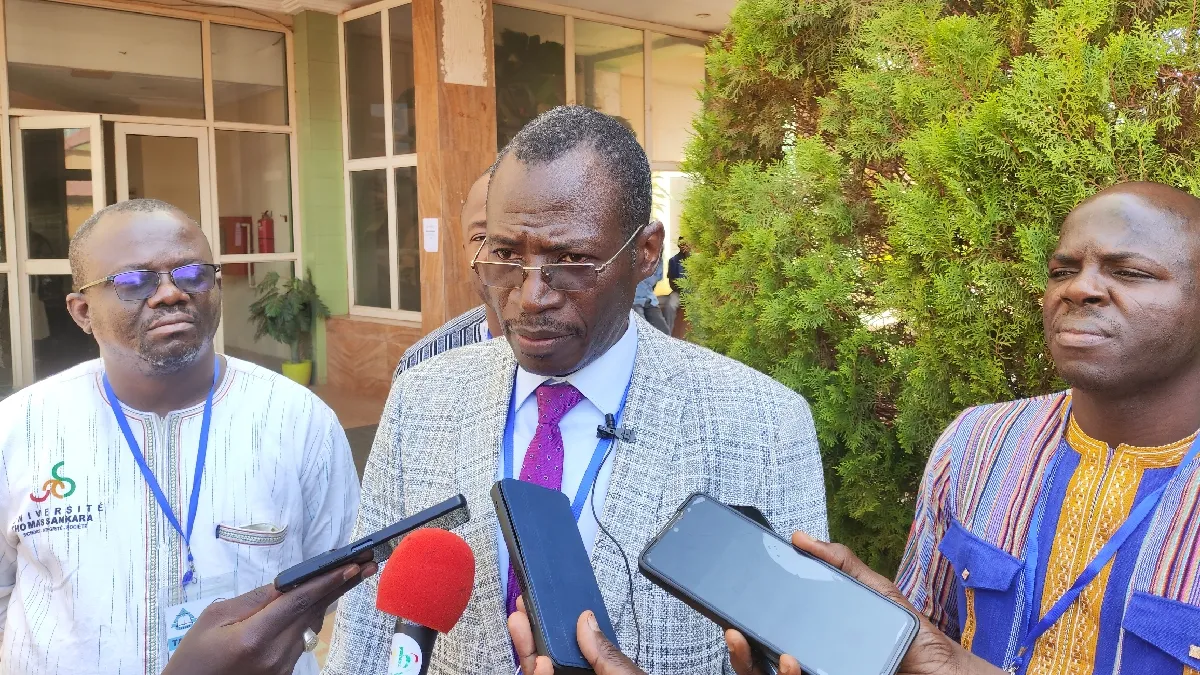
FDI, according to him, increases tax revenues which have a positive and significant effect on expenditure in primary, secondary and higher education. Dr Siri explained that by attracting foreign companies, Burkina Faso benefits not only from the capital needed to finance development projects, but also from a transfer of skills and technologies. These investments contribute to job creation and improvement of living standards.
However, if we follow the explanations of the teacher-researcher, to maximize the benefits of FDI, it is crucial that these investments are directed towards strategic sectors (education, health, etc.) that promote the development of local skills. This requires close collaboration between the government, businesses and training institutions.
For all this, CEDRESS and CREA have formulated recommendations to decision-makers of reforms to improve the external efficiency of national education in Burkina Faso, given that the endowment and returns of human capital have a positive impact on income.
Policy recommendations for human capital development
CEDRES and CREA noted that any policy aimed at developing the provision of education would increase the income of the working population.
They also stressed the need to develop innovative strategies for financing education in Burkina Faso, through the equitable establishment of a tax system with the ultimate objective of increasing education budgets. Still in the education sector, CEDRES and CREA invited the Government to continue its efforts to increase the schooling of young girls.
Furthermore, on the health front, they suggested that the government expand the provision of modern health services and improve the performance of health facilities.
For information, CEDRES is a UTS research center created in 1977 with the mission of supporting the socio-economic development of Burkina Faso and Africa through research and training in economic, social and management sciences. Since 2021, it has been structured around five research teams, including four in economics and one in management.
As for CREA, it is a capacity building institution aimed at shedding light on the mechanism of economic policies in sub-Saharan Africa. It comprises three main components including research, training and policy awareness.
Mathias Kam
Minute.bf
Source: Minute.bf on October 22, 2024



